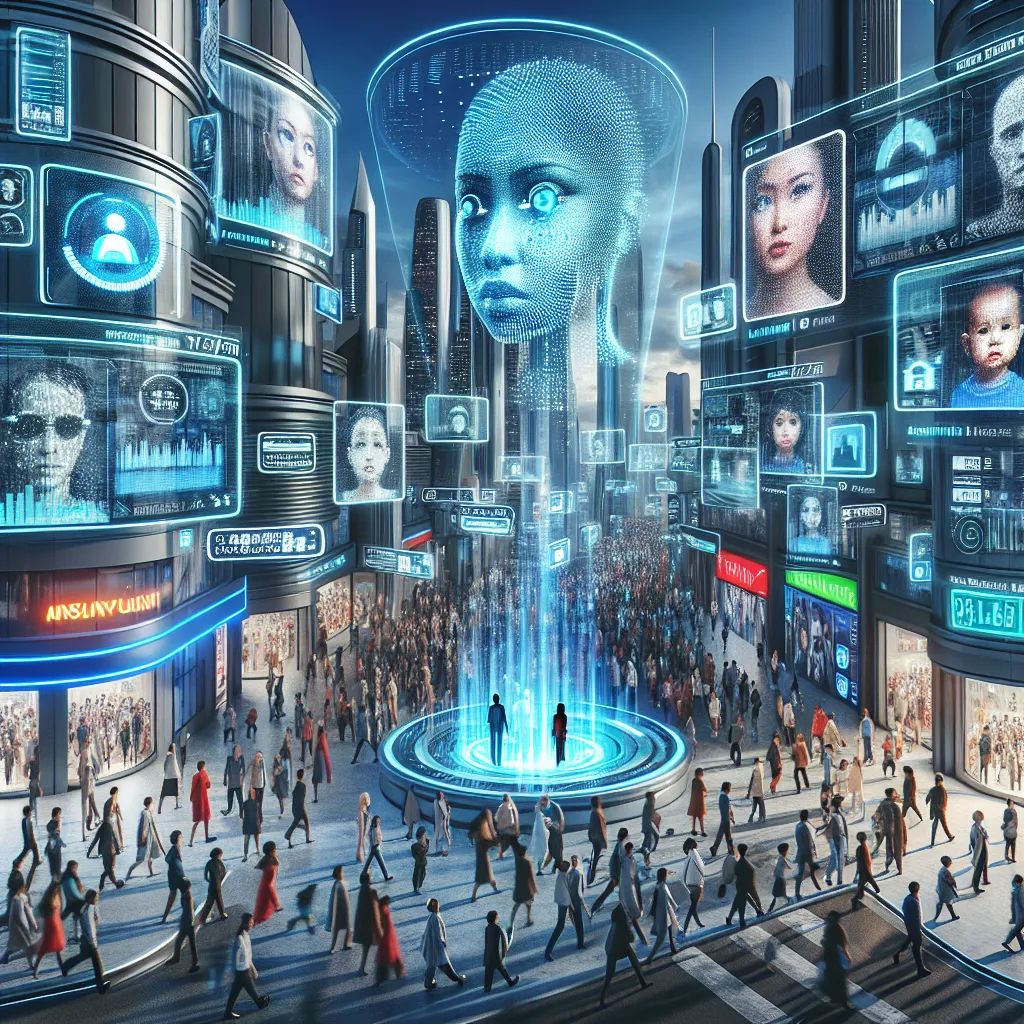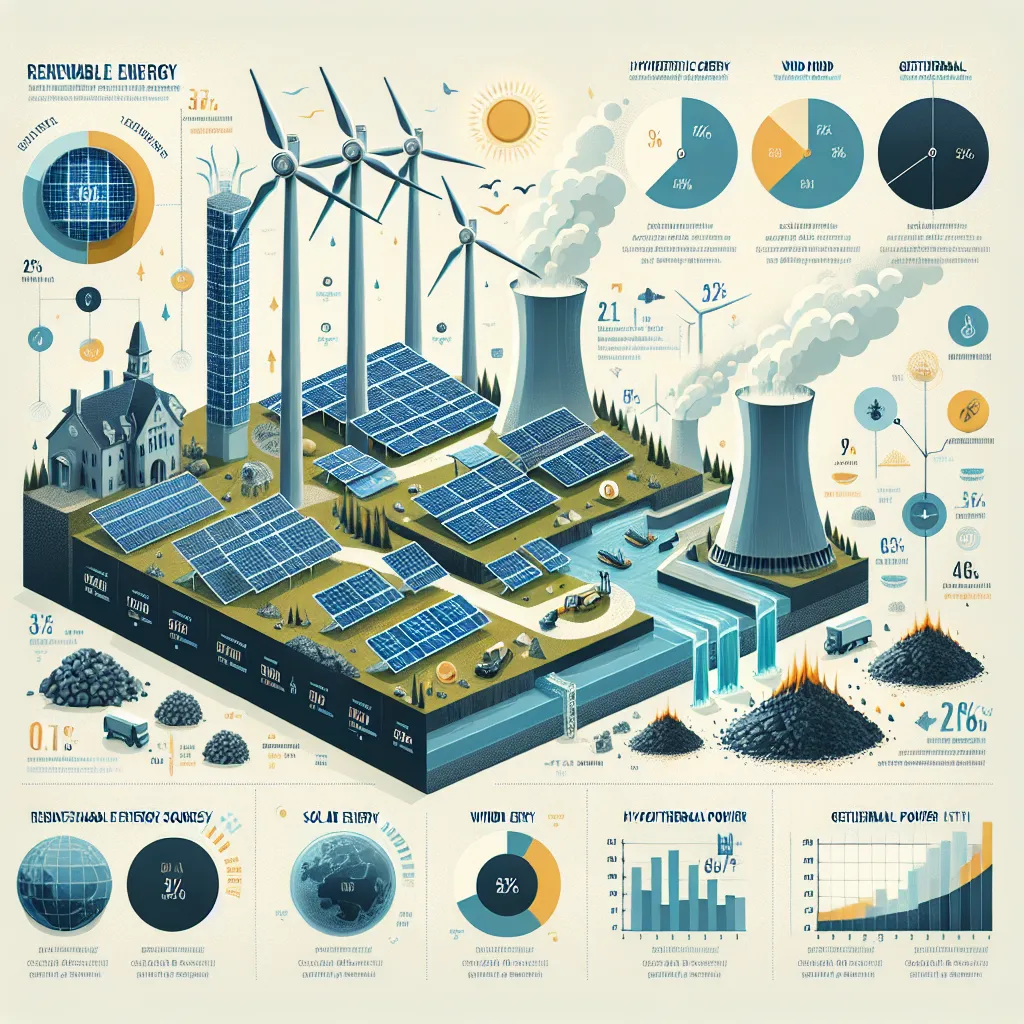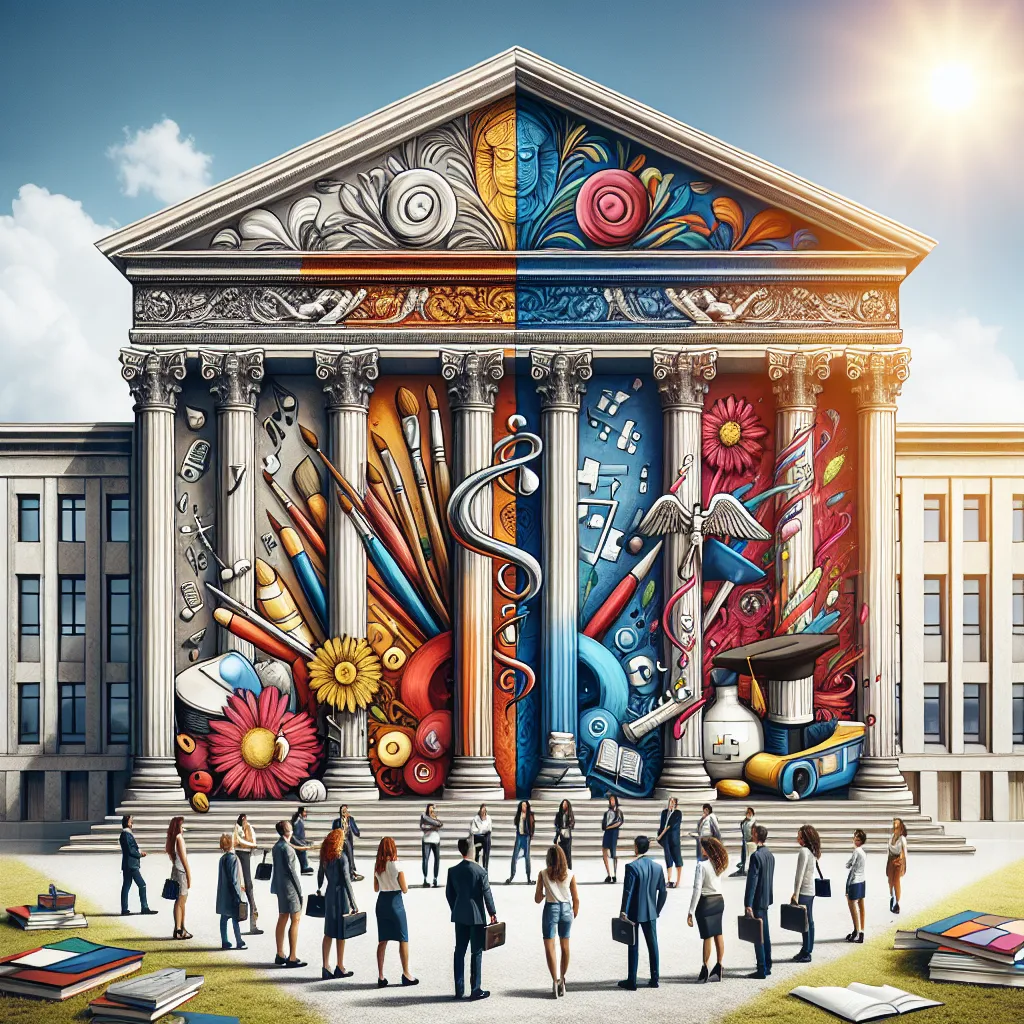Facial recognition technology has become a hot topic in recent years, with its increasing use in various sectors raising concerns about privacy and security. This article will provide sample essays for IELTS Writing Task 2 on the question of whether governments should regulate the use of facial recognition technology. We’ll analyze the topic, present sample essays for different band scores, and offer insights into the scoring criteria.
Nội dung bài viết
Analysis of the Topic
The question “Should the use of facial recognition technology be regulated by the government?” is a common type of essay question in IELTS Writing Task 2. It falls under the category of opinion essays, where you’re asked to present your views on a controversial issue. This topic is particularly relevant in today’s digital age and has appeared in various forms in past IELTS exams.
 Facial Recognition Technology
Facial Recognition Technology
Based on trends in recent IELTS exams, we can expect similar questions about technology and privacy to continue appearing. Let’s focus on the following question for our sample essays:
Some people think that the use of facial recognition technology by governments and private companies should be strictly regulated. Others believe it brings more benefits than drawbacks. Discuss both views and give your own opinion.
Sample Essays
Sample Essay 1 (Band 8-9)
The widespread adoption of facial recognition technology by both governments and private entities has sparked a heated debate about its regulation. While some argue for strict controls, others emphasize its benefits. This essay will examine both perspectives before presenting my own view.
Proponents of stringent regulation cite privacy concerns as their primary motivation. They argue that unchecked use of facial recognition technology could lead to a surveillance state, where citizens’ movements and activities are constantly monitored. This, they contend, could infringe on fundamental human rights and create a chilling effect on free speech and assembly. Moreover, there are concerns about data security and the potential for misuse or theft of biometric information.
On the other hand, supporters of facial recognition technology highlight its numerous benefits. In law enforcement, it can aid in identifying criminals and solving crimes more efficiently. In the private sector, it can enhance security measures, streamline identity verification processes, and even improve customer experiences. Advocates argue that these advantages outweigh the potential risks, especially if appropriate safeguards are put in place.
In my opinion, while facial recognition technology offers significant benefits, its use should indeed be regulated to prevent abuse and protect individual privacy. I believe a balanced approach is necessary, where regulations ensure transparency in how the technology is used, limit data retention periods, and provide individuals with the right to know when and how their biometric data is being collected and used. Additionally, strict penalties should be imposed for misuse or unauthorized access to facial recognition data.
In conclusion, the debate over facial recognition technology regulation reflects the broader tension between technological advancement and privacy protection. By implementing thoughtful regulations that allow for the technology’s benefits while safeguarding individual rights, we can strike a balance that serves society’s best interests.
(Word count: 297)
Sample Essay 2 (Band 6-7)
Facial recognition technology is becoming more common in our daily lives, and people have different opinions about whether it should be regulated by the government. This essay will discuss both sides of this argument and give my personal view.
Some people think that facial recognition should be strictly controlled by the government. They worry about privacy issues and the possibility of this technology being misused. For example, if companies or governments collect too much data about people’s faces and movements, it could be used to track them without their permission. This might make people feel like they are always being watched, which is not good for society.
However, others believe that facial recognition technology has more good points than bad ones. It can help catch criminals faster and make our cities safer. In airports, it can speed up security checks and make travel easier. Some shops use it to prevent theft, which can help keep prices lower for customers. These people think that the benefits of facial recognition are more important than the risks.
In my opinion, I think that facial recognition technology should be regulated, but not too strictly. We need rules to make sure it’s not misused and to protect people’s privacy. For example, there should be laws about how long companies can keep facial data and how they use it. But we shouldn’t ban the technology completely because it can be very helpful in many situations.
To conclude, facial recognition technology is a complex issue with both advantages and disadvantages. While it’s important to have some government regulation to protect privacy, we should also allow the technology to be used in ways that benefit society. The key is to find the right balance between protection and progress.
(Word count: 283)
Sample Essay 3 (Band 5-6)
Facial recognition technology is a new thing that many people are talking about. Some people think the government should control it a lot, but others think it’s very good for us. I will talk about both ideas and give my opinion.
People who want the government to control facial recognition are worried about privacy. They think it’s not good if companies or the government can see our faces all the time. They are afraid this information might be used in bad ways. For example, someone might steal the information or use it to follow people without them knowing.
But other people think facial recognition is very helpful. They say it can help police catch bad people faster. It can also make things easier, like when we go to the airport or use our phones. These people think the good things about facial recognition are more important than the bad things.
I think facial recognition can be good, but we need some rules. The government should make sure companies don’t use our face information in bad ways. But they shouldn’t stop people from using the technology completely because it can help in many ways.
In conclusion, facial recognition is a difficult topic. We need to be careful with it, but we shouldn’t be too afraid of it. The government should make some rules to keep people safe, but also let the technology help us in good ways.
(Word count: 228)
Explanation of Band Scores
Band 8-9 Essay
This essay demonstrates excellent writing skills and a sophisticated approach to the topic:
- Clear organization with a balanced discussion of both viewpoints
- Advanced vocabulary (e.g., “chilling effect,” “biometric information,” “streamline”)
- Complex sentence structures
- Coherent arguments with relevant examples
- A clear personal opinion with nuanced reasoning
- Appropriate use of linking words and phrases
Band 6-7 Essay
This essay shows good writing skills but lacks some of the sophistication of the higher band essay:
- Clear structure with both viewpoints discussed
- Good vocabulary with some less common words (e.g., “regulated,” “misused”)
- Mix of simple and complex sentences
- Relevant examples, though less detailed than the Band 8-9 essay
- Clear personal opinion
- Some use of linking words, though less varied than the higher band essay
Band 5-6 Essay
This essay demonstrates basic writing skills but has limitations:
- Simple structure with both viewpoints mentioned
- Basic vocabulary with some repetition
- Mostly simple sentences with a few attempts at complex structures
- Basic examples without much detail
- Personal opinion given, but with limited explanation
- Limited use of linking words
Key Vocabulary
-
Facial recognition technology (noun) – /ˈfeɪʃəl ˌrekəɡˈnɪʃən tekˈnɒlədʒi/ – A system that identifies or verifies a person from a digital image or video frame.
-
Regulate (verb) – /ˈreɡjʊleɪt/ – To control or supervise by means of rules and regulations.
-
Privacy (noun) – /ˈprɪvəsi/ – The state of being free from public attention or interference.
-
Surveillance (noun) – /sɜːˈveɪləns/ – Close observation, especially of a suspected person.
-
Biometric data (noun) – /ˌbaɪəʊˈmetrɪk ˈdeɪtə/ – Information about a person’s physical characteristics, such as fingerprints or facial features.
-
Infringe (verb) – /ɪnˈfrɪndʒ/ – To actively break the terms of a law or agreement.
-
Safeguard (noun/verb) – /ˈseɪfɡɑːd/ – A measure taken to protect someone or something or to prevent something undesirable.
-
Transparency (noun) – /trænsˈpærənsi/ – The quality of being open, clear, and honest in business or politics.
-
Data retention (noun) – /ˈdeɪtə rɪˈtenʃən/ – The continued storage of an organization’s data for compliance or business reasons.
-
Misuse (noun/verb) – /mɪsˈjuːs/ – The wrong or improper use of something.
Conclusion
The topic of government regulation of facial recognition technology is a complex and relevant issue for IELTS Writing Task 2. By understanding the different perspectives and using appropriate vocabulary and structures, you can craft a well-argued essay that addresses the question effectively.
To further practice your skills, try writing your own essay on this topic or related themes such as:
- The impact of artificial intelligence on privacy
- Government surveillance and individual freedom
- The role of technology in law enforcement
Remember to focus on clear organization, relevant examples, and a well-supported personal opinion. Feel free to share your practice essays in the comments section for feedback and discussion. Good luck with your IELTS preparation!


